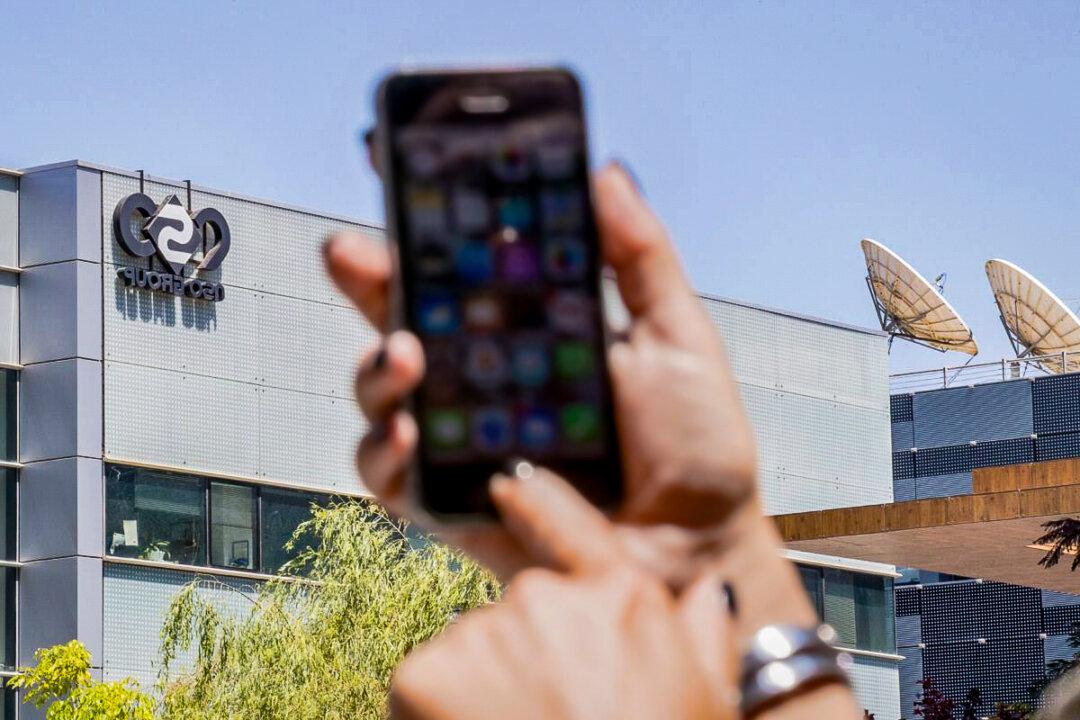Apple is warning iPhone users of possible “mercenary spyware attacks” via its text message-based threat notification system, according to a antivirus software company, messages posted online by users, a human rights group, and the operator of a prominent cybersecurity research department.
“Apple detected that you are being targeted by a mercenary spyware attack that is trying to remotely compromise the iPhone associated with your Apple ID,” the message from Apple reads, according to MalwareBytes, the longtime purveyor of anti-virus software.





